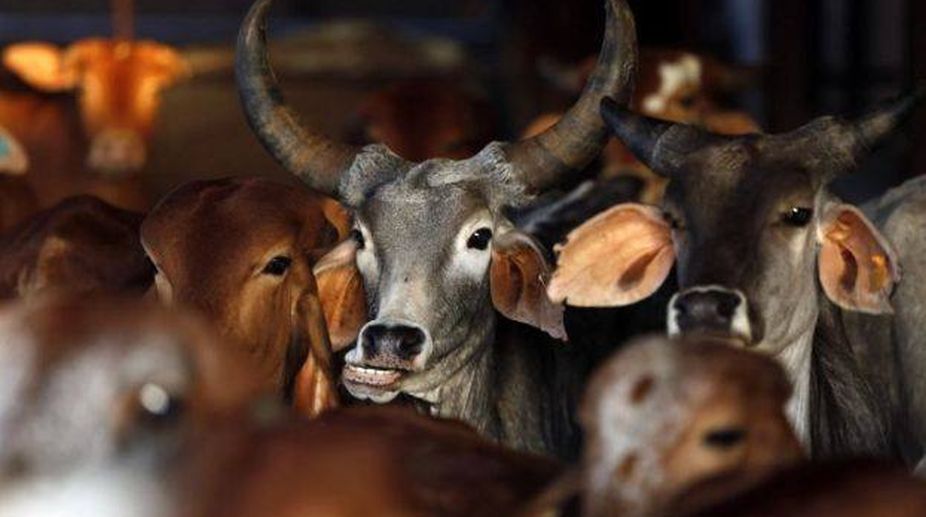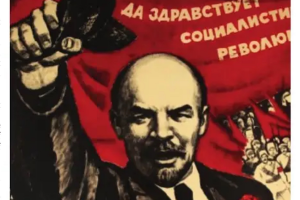The Qurresh butcher community does not belong to the Qurresh tribe of Prophet Mohammad though some adhere to this belief. Just as there is a big difference between the Ansaris, who are members of the Julhai (weavers community) and the Ansaris, who are descendants of the Quranic tribe.
Vice-President Hamid Ansari has his antecedents in the latter. The butchers of Delhi are actually descendants of those
who came with the invading Arabian, Turkish, Persian and Afghan forces and settled down in India. It is interesting
to note that few of them indeed are converts. They are mostly fair and well-built.
Before the Sultanate period, butchers in the city and elsewhere were mostly Khatiks. Even now the latter share the
jhatka meat trade with Sikhs, while the Muslim butchers, known as sheikhs, adhere to the halal system. The Qurresh butcher community, which appends its names with Qureshi, spread through the length and breadth of India with each
successive invasion.
However, in the South, they partly came with the Arabian, Moorish, Turkish, Afghan and Egyptian traders.Researching
into the antecedents of the "kasais" is not an easy proposition since so little has been written about them. But
oral history, based on hearsay, would have us believe tha the community first found a home in Punjab and other
areas that now constitute Pakistan.
This began with the Arab invasion of Sindh (712 AD). Then more than 300 years later, Mahmud of Gazni's invasions brought butchers (who were attached to his forces). A lot of them then came with Mohammad Ghori and made their
home in India after the second battle of Terain in 1192.
Qutubuddin Aibak, as viceroy of Ghori, had his Capital in Mehrauli. So that was the place where butchers first locally settled down. The Slave dynasty ended and the Khiljis took over. Alauddin Khilji built his Capital in Siri and the butchers
came there. Many of them moved to Tughlakabad during the Tughlak period (and also Daulatabad in the Deccan, when Mohammad Bin Tughlak moved his Capital there temporarily).
Followed the Sayyids and Lodhis and with their conquest butchers moved to other areas. In Nizamuddin they were greatly attached to Hazrat Nizamuddin Mahboob Elahi. Now with the curbs on cattle slaughter butchers











